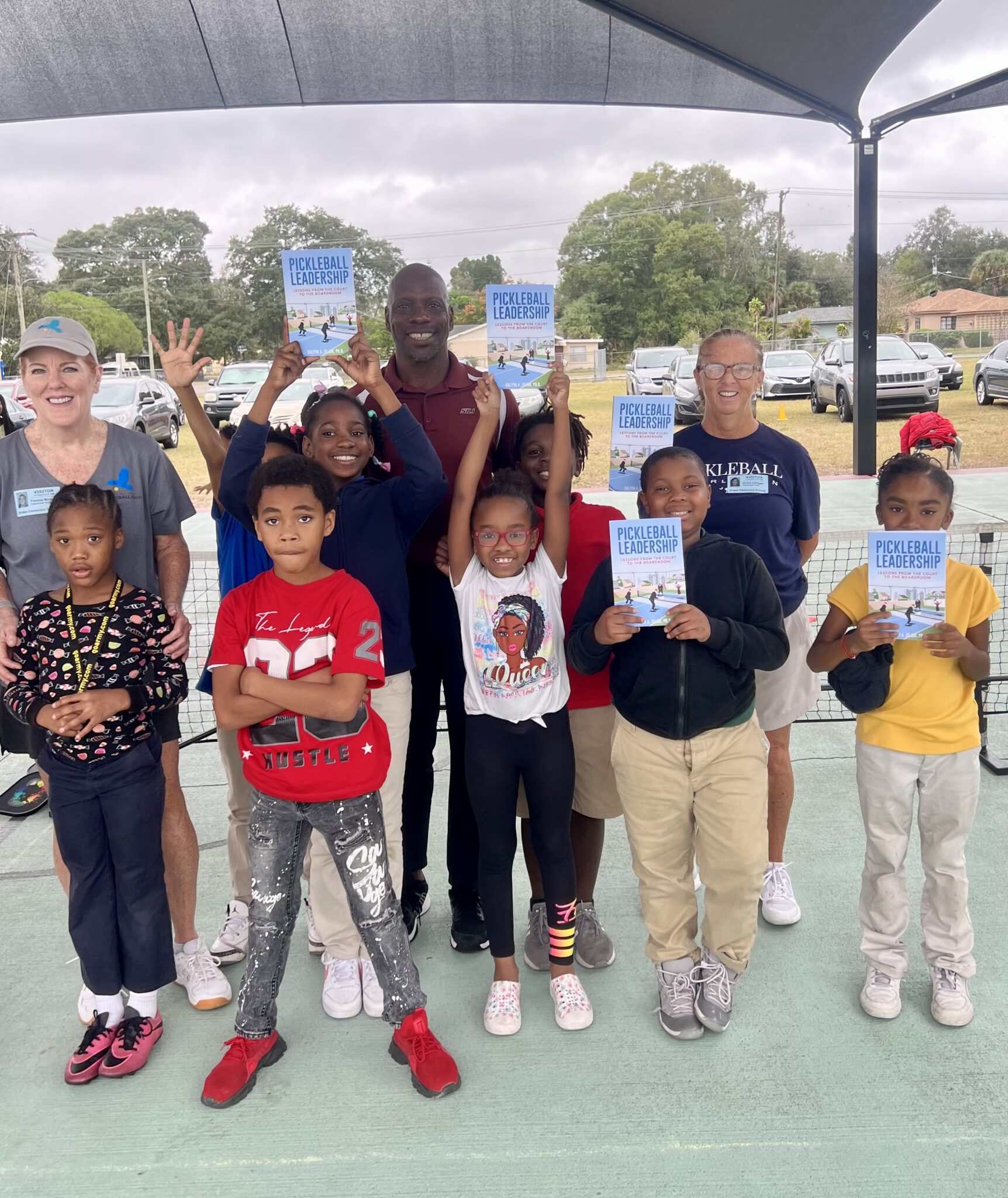
Is Pickleball The Reason My Mentee Is Now a Proficient Reader?
For the past 2 years I’ve volunteered with Big Brothers/Big Sisters in their school based program. My mentee is a 10 year old who’s experienced some serious trauma in his life. At the age of eight he saw his mother murdered in front of him. He currently lives with his grandmother (who is in poor health) in a dangerous community. In fact, the day before I wrote this post four people were murdered in his neighborhood.
When I first met my young mentee, his struggles with reading were holding him back in school, he wasn’t very communicative, and had trouble focusing. I wanted our time together to be fun and something that he looked forward to, so I introduced him to pickleball as a way to engage his mind and body. As it turns out, the sport was the perfect ice-breaker. Over time my mentee started to relax and open up about his frustrations.
Discussion Catalyst:
Our pickleball sessions quickly became more than just a fun physical activity. Each game was followed by discussions about the rules. This approach helped him improve his vocabulary and reading comprehension without the pressure of traditional classroom methods. The discussions also allowed him to express his thoughts and questions, boosting his confidence.
Educational Moments:
Integrating learning with play, I designed activities that required reading scores aloud, which improved his number recognition. We also started reading short stories about sportsmanship and teamwork, relating them back to our games. These activities not only enhanced his reading skills but also taught him valuable life lessons about perseverance and teamwork.
Focus and Discipline:
Pickleball demands concentration and quick decision-making, which translated into our reading sessions. His teachers shared that the focus he developed (through pickleball) helped him sit longer and absorb more during reading time. This crossover of skills was a game-changer, showing how sports can significantly impact academic performance.
Measurable Improvements:
Over the course of a year, his reading level improved remarkably. He went from struggling to read simple texts to enjoying books suitable for his age. His teachers noticed significant progress in his academic performance and social interactions.
Broader Implications:
This journey has been a valuable lesson in leadership for me. It supported my belief that leadership involves creativity, patience, and the ability to adapt to the needs of others. For educators, mentors, and parents, it’s a testament to thinking outside the box. Sports like pickleball can serve as powerful educational tools, fostering not only physical health but also academic growth.
Conclusion:
Looking back, the fusion of pickleball and instruction was more successful than I could have anticipated. It highlights the importance of engaging children in ways that pique their interest, making learning enjoyable and effective. I encourage all educators and mentors to consider unconventional methods like sports to inspire and educate.
For those interested in using sports as a teaching tool, remember, the key is to make the learning process fun and engaging. Let’s think beyond traditional education methods and explore how we can make a difference in our mentees’ lives through creativity and innovation.
For more on how the sport of pickleball can influence leadership, pick up a copy of my book “Pickleball Leadership: Lessons From The Court To The Boardroom.
